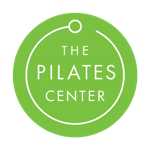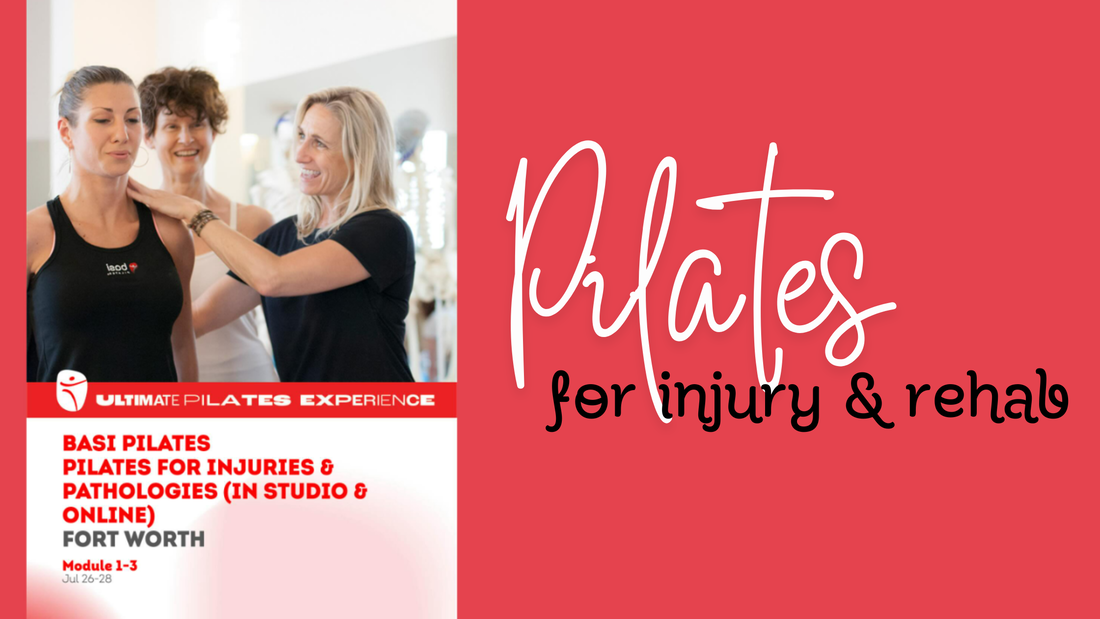|
Why Pilates works in injury rehab and prevention
Most people are aware that Pilates is an incredible full body workout, but fewer people know just how good it is for rehabilitation! Many people stop working out all together when they are injured or rehabbing from an injury, but there are better options for rehabilitation, and Pilates is one of them. By strengthening the deepest muscles of the core, optimizing alignment, and creating correct movement patterns, Pilates can not only prevent reaggravation of the injury, it can help develop correct movement patterns that reduce the likelihood of injuries in the future. When applied correctly, Pilates has been found to be effective in managing a range of diagnoses and injuries, reducing pain and disability levels. For example, a systematic review of studies published between 2005 and 2016 measured the efficacy of Pilates in the rehabilitation of low back pain, ankylosing spondylitis, multiple sclerosis, post-menopausal osteoporosis, non-structural scoliosis, hypertension and chronic neck pain. Nineteen papers found Pilates to be more effective than the control or comparator group at improving outcomes including pain and disability. Why is Pilates so effective at rehabilitation? Here are a few reasons: Pilates emphasizes controlled movements and proper alignment One of the key reasons why Pilates is a good exercise to do post injury is its emphasis on controlled movements and proper alignment. This is especially important during the recovery process, as it helps individuals strengthen muscles in a safe and effective manner. The low-impact nature of Pilates also makes it gentle on the joints, allowing for a gradual progression toward full recovery without putting excess strain on the injured area. Pilates helps improve flexibility and range of motion Flexibility and range of motion are often two things lost when you are injured, and rebuilding these capacities in a structured way is crucial. This is especially true when you are experiencing muscle tightness or stiffness following your injury. By incorporating stretching exercises into the routine, Pilates helps to lengthen muscles and improve joint mobility, promoting faster healing and a quicker return to regular physical activities. Pilates focuses on core strength Pilates is known for its focus on core strength, which plays a vital role in supporting the entire body. A strong core not only improves posture and alignment but also helps prevent future injuries by providing stability and support during movement. By targeting the deep stabilizing muscles of the abdomen and back, Pilates helps individuals rebuild strength from the inside out, creating a solid foundation for overall physical well-being. Remember, stability + mobility = agility. You need a strong combination of both stability exercises AND mobility exercises to get back to your fully functioning self. Join us! Pilates for Pathologies and Injuries Certificate Course Pilates is an excellent tool to help in rehabilitation, and we are thrilled to be hosting the Pilates for Pathologies and Injuries Certificate Course for Pilates instructors! This three-day certificate course, happening July 26-28, presents a Physical Therapy approach to working with clients who have injuries, physical limitations, or movement dysfunctions. Led by expert Samantha Wood, the workshop will explore common injuries, offering insights on definitions, symptoms, precautions, and recommendations. Samantha will also guide participants through targeted exercises for each pathology, ready for immediate application with Pilates clients. Dive into the world of Pilates therapy with us! Get more information here.
0 Comments
Leave a Reply. |
Heather GradkeI'm a BASI Certified Pilates Instructor by day, somewhat competent housewife by night. I used to have hobbies but then CHILDRENS. I am married to the love of my life and somewhat charismatic Rustin Gradke. I have 4 kids that are wonderful sometimes but mostly they just eat a lot. I'm a lover of God and movement and the occasional bowl of queso. Archives
July 2024
Categories |


 RSS Feed
RSS Feed